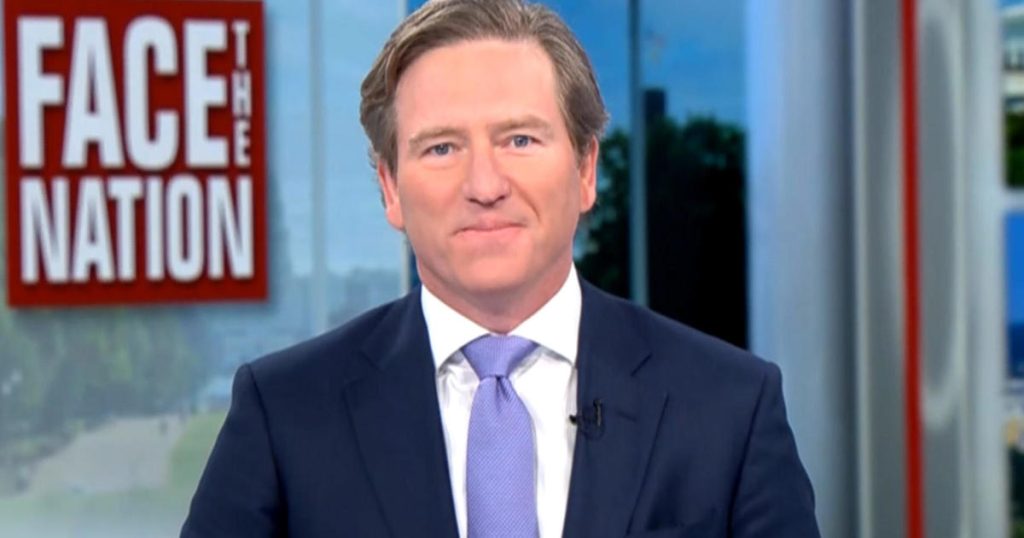Chris Krebs, former director of CISA and cybersecurity expert, warns of the increasing threat AI poses to elections. He believes that there may not be a single catastrophic event in 2024, but rather a continuous erosion of trust and confidence in the information ecosystem. Krebs highlights the need for vigilance in protecting against AI-enabled manipulation, as it has the potential to influence elections on a large scale.
Krebs emphasizes the importance of building resilience in election systems to withstand AI threats. He notes that while there are measures in place to protect against cyber attacks, the evolving nature of AI requires continuous adaptation and improvement of security measures. Krebs suggests that a multi-dimensional approach that combines human expertise with technology is essential in safeguarding elections from AI manipulation.
One potential concern Krebs raises is the use of deepfake technology to spread misinformation and influence voter behavior. Deepfake videos, which are created using AI algorithms, can be difficult to detect and have the potential to deceive the public. Krebs stresses the need for increased awareness and education about deepfakes in order to minimize their impact on election outcomes.
In addition to deepfakes, Krebs highlights the threat of AI-powered disinformation campaigns that can target specific groups of voters with tailored messaging. These campaigns can exploit existing divisions within society and manipulate public opinion to influence election outcomes. Krebs warns that such tactics pose a serious risk to the integrity of the democratic process and calls for greater transparency and accountability in online political advertising.
Krebs also underscores the importance of collaboration between government agencies, technology companies, and other stakeholders in addressing AI threats to elections. He notes that effective information sharing and coordination are essential in identifying and mitigating emerging risks. Krebs advocates for a unified front against disinformation and cyber attacks, with a focus on protecting the integrity of the electoral process.
Overall, Krebs highlights the need for a proactive and comprehensive approach to cybersecurity in the lead-up to the 2024 election. He stresses the importance of staying ahead of AI-enabled threats and ensuring the resilience of election systems against manipulation. By raising awareness, enhancing security measures, and promoting collaboration, Krebs believes that the public can mitigate the risks posed by AI to the electoral process and uphold the integrity of democratic elections.


